A literary leader in the Northern Song Dynasty who excelled in poetry and prose
Overview
Chinese Name: 苏轼
English Name: Su Shi
Other Names: Su Dongpo 苏东坡, Su Wenzhong 苏文忠, Su Yuju 苏玉局
Born: January 8, 1037
Died: August 24, 1101
Achievements:
One of the eight masters of Tang and Song Dynasties “唐宋八大家”之一
A great poet of Song Dynasty and representative of bold and unconstrained school 宋诗大家、豪放派代表
Main Works:
Dongpo seven episodes 《东坡七集》
Dongpo Yi Zhuan 《东坡易传》
Dongpo Yuefu 《东坡乐府》
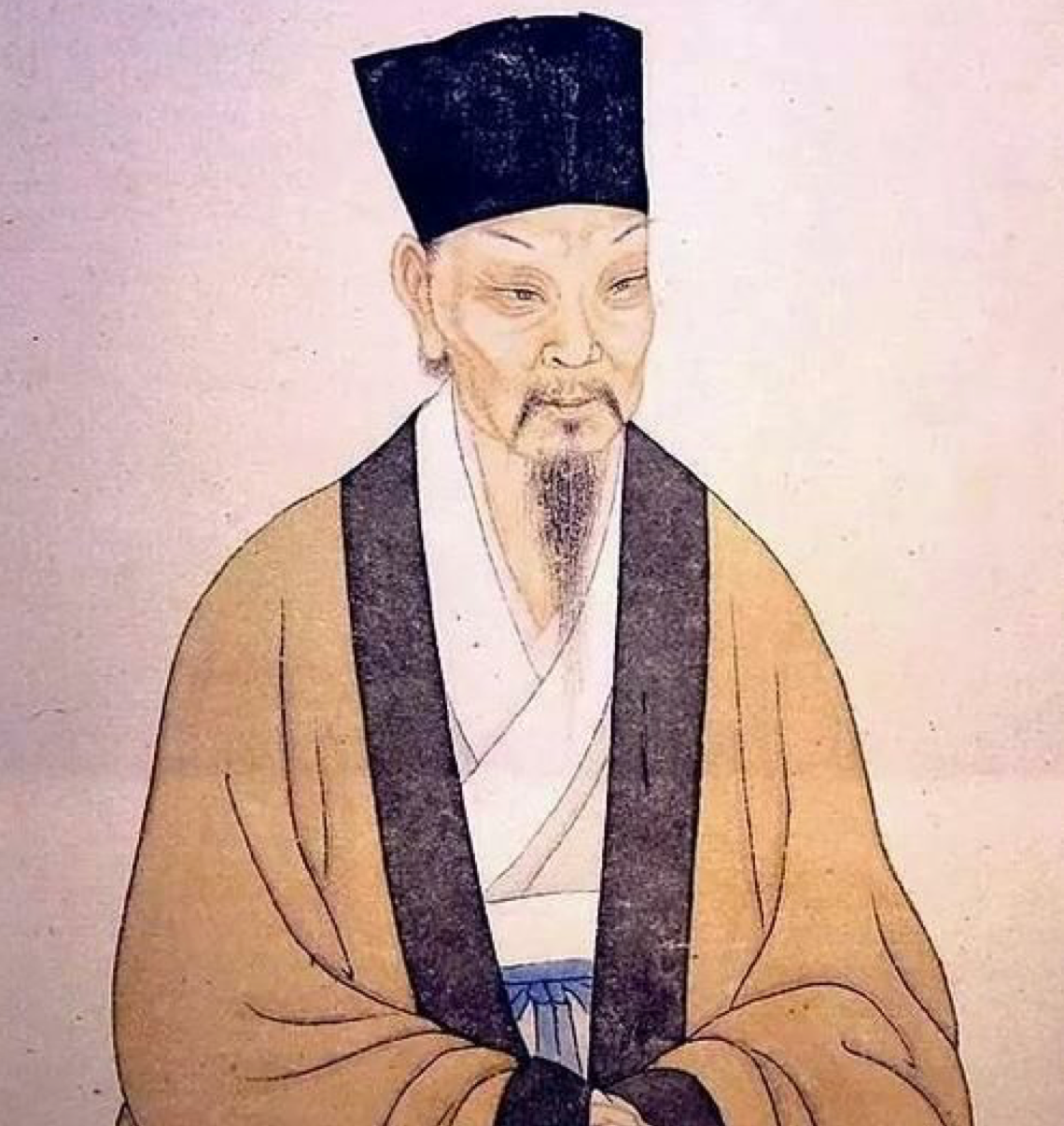
Brief Biography of Su Shi
Su Shi, a writer, calligrapher, gourmet, and painter in the Northern Song 北宋, is a famous historical water conservancy figure.
Su Shi (January 8, 1037~August 24, 1101), courtesy name of Zizhan 子瞻 and Hezhong 和仲, art name Tieguan Taoist 铁冠道人 and Dongpo Jushi 东坡居士, was known as Su Dongpo 苏东坡, Su Xian 苏仙, Po Xian 坡仙. He was born in Meishan 眉山, Meizhou 眉州 (now Meishan City 眉山市, Sichuan Province 四川省), his ancestral home is Luancheng 栾城, Hebei Province 河北省.
In the second year of Jiayou 嘉祐(1057), Su Shi took part in the imperial examination of the second branch and was awarded a scholarship. In the 6th year of Jiayou (1061), he was admitted to the third class of the Chinese system department and was awarded the Dali appraisal 大理评事 and the Fengxiang Prefecture magistrate 凤翔府判官. During the reign of Emperor Shenzong of the Song Dynasty 宋神宗, he served in Hangzhou 杭州, Mizhou 密州, Xuzhou 徐州, Huzhou 湖州, and other places.
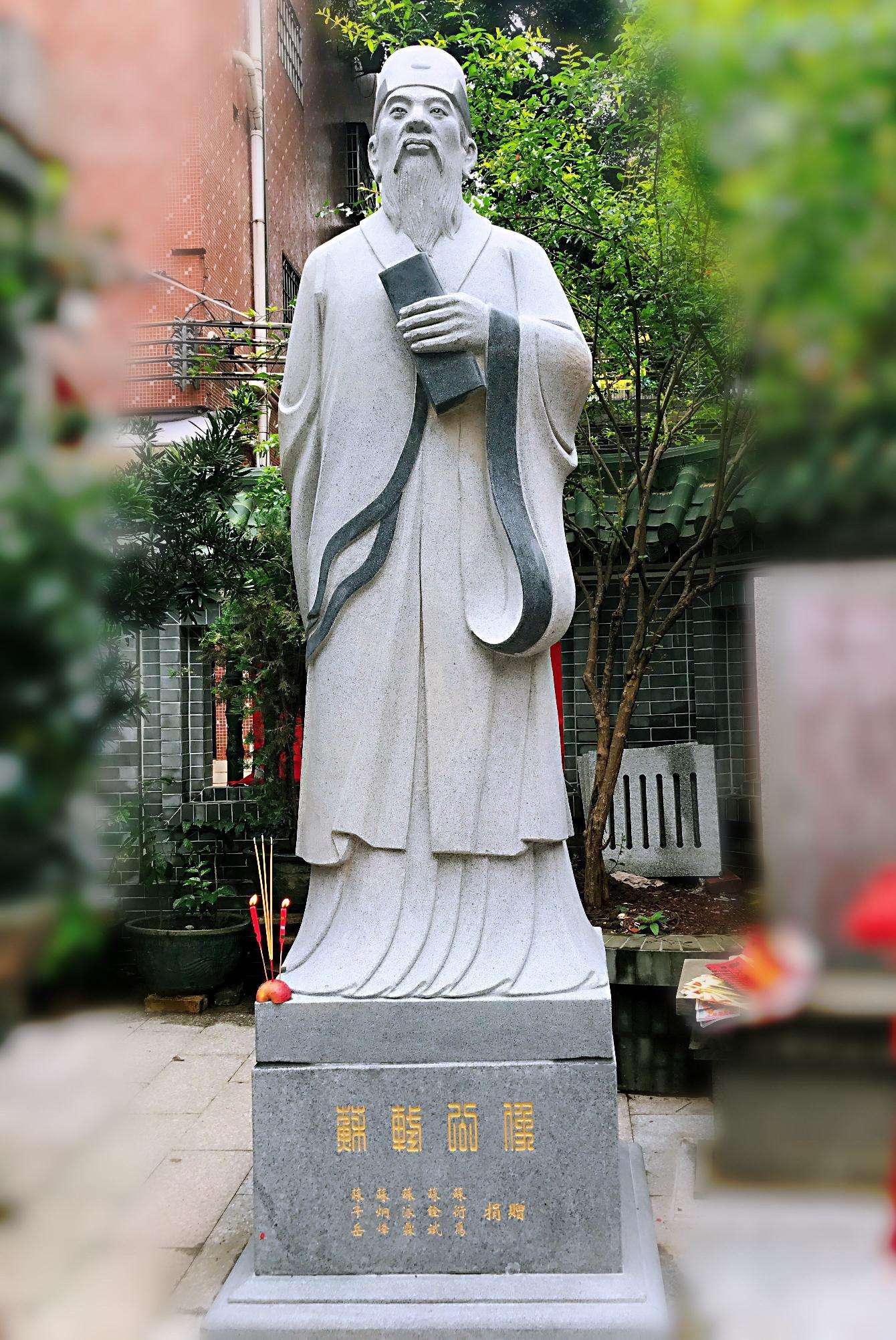
In the 3rd year of Yuanfeng 元丰 (1080), he was demoted to the Deputy envoy of Huangzhou regiment training 黄州团练副使 for the “Wutai poetry case 乌台诗案”. After Zhezong of the Song Dynasty 宋哲宗 ascended the throne, he served as an academician 翰林学士, a scholar 侍读学士, and a minister of the Ministry of rites 礼部尚书. He was known to Hangzhou, Yingzhou, Yangzhou, Dingzhou, and other places.
In his later years, he was demoted to Huizhou 惠州 and Danzhou 儋州 because of the new party’s ruling. During the reign of Emperor Huizong of the Song Dynasty 宋徽宗, he was granted amnesty and returned to the north.
He died of illness in Changzhou 常州 on the way. In the reign of Emperor Gaozong of the Song Dynasty 宋高宗, he was titled the grand master 太师; In the reign of Emperor Xiaozong of the Song Dynasty 宋孝宗, he was titled “Wen Zhong 文忠”.
Personal Life and Major Contributions
Go to the capital for the examination
In the first year of Jiayou (1056), he went to Beijing for the first time to participate in the imperial examination. Su Xun 苏洵 took 21-year-old Su Shi and 19-year-old Su Zhe 苏辙 from the remote western Shu region to the east along the river, and entered the capital in the second year of Jiayou (1057).
At that time, the chief examiner was Ouyang Xiu 欧阳修, and the vice examiner was Mei Yaochen 梅尧臣. They are keen on the innovation of poetry and prose. His fresh and free style of writing shocked them all at once. Under Ouyang Xiu’s repeated praise, Su Shi became famous for a time. Every time he made a new work, it would immediately spread all over the capital.
When they were about to show their skills in the capital, the sad news of the death of Su Shi and Su Zhe’s mother suddenly came. The two brothers went home with their father for the funeral. In October of the 4th year of Jiayou (1059), the mourning period expired. In February of the following year, they returned to Bianjing 汴京. Su Shi was given the title of chief clerk of Fuchang County 福昌县, Henan Province 河南省, and Su Xun was the Secretary of the provincial school.
In the 6th year of Jiayou (1061), at the recommendation of Ouyang Xiu, the Su Shi brothers took the examination of the system of subjects. In September, Su Shi’s countermeasures were rated as the third grade. Subsequently, he was granted Dali appraisal and Fengxiang Prefecture magistrate. Four years later, he returned to the dynasty and served as the judge of Dengwen drum academy 登闻鼓院.
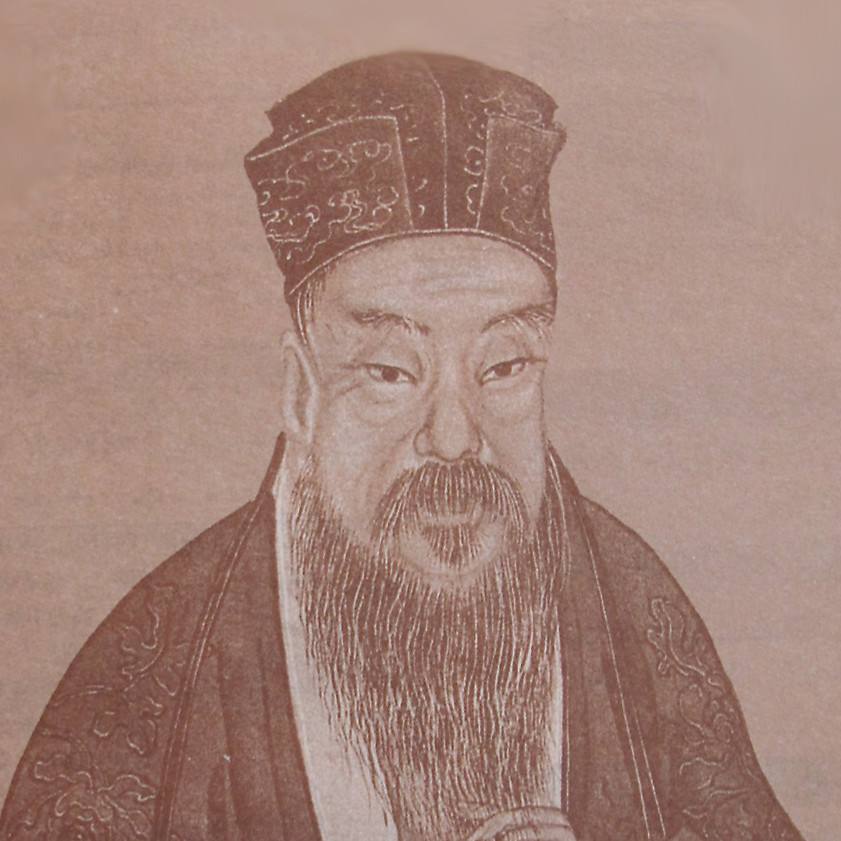
In the 3rd year of Zhiping 治平 (1066), Su Xun died of illness, and Su Shi and Su Zhe brothers returned to their hometown with the coffin and stayed in filial piety for three years. Three years later, Su Shi returned to the dynasty. At this time, Wang Anshi‘s reform 王安石变法, which shocked the government and the public, began. Many of Su Shi’s teachers and friends, including Ouyang Xiu, who appreciated him at the beginning, were forced to leave Bianjing because they opposed the new law and disagreed with Wang Anshi, the new prime minister.
Wutai Poem Case 乌台诗案
In April of the second year of Yuanfeng 元丰 (1079), Su Shi was transferred to Huzhou Prefecture 湖州知州. After taking office, he wrote a letter of Huzhou Xie Shang Biao 湖州谢上表 to Shenzong 神宗, which was a routine. However, Su Shi was a poet and often wrote with emotion. Even if he was an official, he could not forget to add some personal color. These words were used by the new party, saying that he satirized the government, being reckless and disloyal to the emperor, such a big crime can be said to be worthy of death.
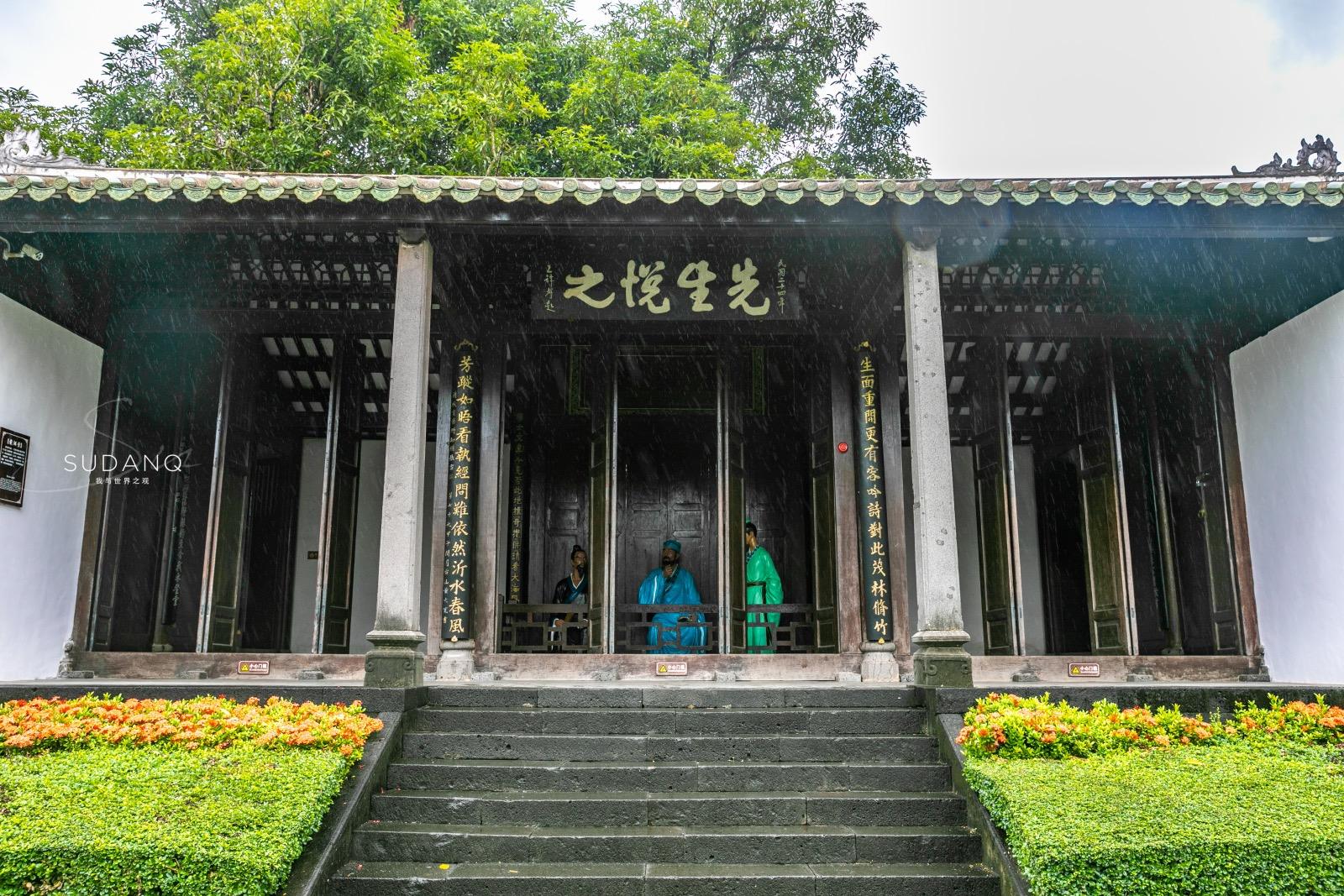
They picked out the sentences that they thought implied sarcasm from his poems. For a time, there was a voice of opposition to Su in the imperial court. On July 28, Su Shi, who had been in office for only three months, was arrested by the officials of the imperial historian’s office and sent to the capital. Dozens of people were involved. This is the famous “Wutai poetry case” in the Northern Song Dynasty.
The great blow of the Wutai Poem Case became a turning point in Su Shi’s life. The new party wanted to kill him, and rescue activities were also carried out by both the government and the public. Not only did many elders with the same political views as Su Shi submit letters one after another, but even some people of insight of the reform school also advised the Shenzong not to kill him.
With everyone’s efforts, the poem case was decided by Wang Anshi’s “one word”, and Su Shi was demoted to the vice envoy of the regiment training in Huangzhou (now Huanggang, Hubei Province 湖北省) and monitored by local officials.
Su Shi’s literature
Su Shi’s views on society and his thoughts on life are expressed in his literary works without any disguise, among which poetry is the most incisive and heartfelt. In more than 2700 Su poems, the themes of interfering with social reality and thinking about life are very prominent. Su Shi always regarded critical reality as an important theme of his poetry. What is more valuable is that Su Shi’s criticism of society is not limited to the new deal, nor is it limited to the present. He criticizes the long-standing corrupt policies and bad habits in the feudal society, reflecting a deeper critical consciousness.
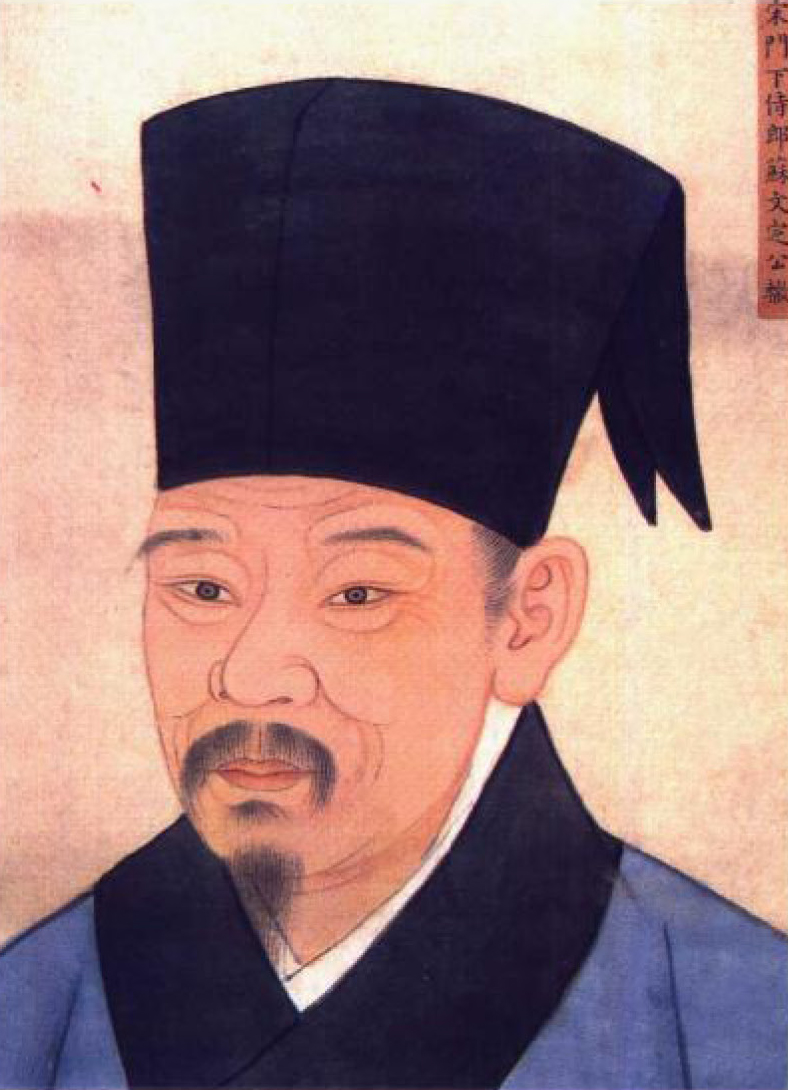
Su Shi’s life was full of ups and downs, and he traveled in all directions. His life experience was extremely rich. He is good at summing up experiences from life and is also good at seeing laws from objective things. Of course, Su Shi’s poems in adversity contain pain, anger, and depression, but more poems of Su Shi show his pride and transcendence of suffering.






